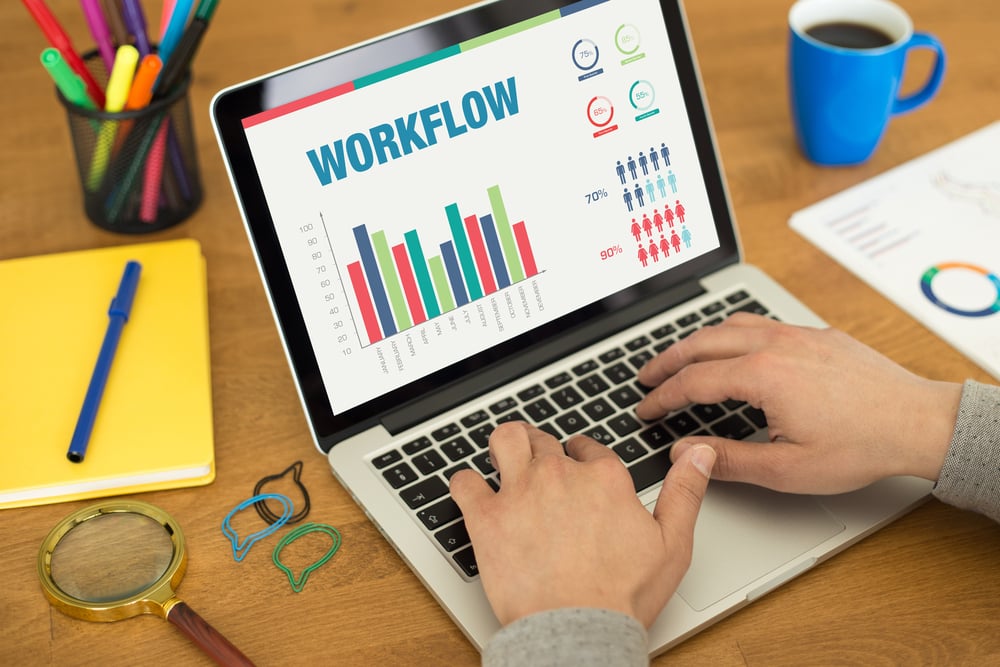Question to the DL:
I found that users that have a dedicated space and get dressed as though they are going to work and have set work times are most productive and have the right mindset compared to someone trying to work in their PJs in bed. Do you worry about tracking their time or just about getting the work done?
Disaster Lady Answer:
This is a great question that I get all of the time. Here’s the skinny on working from home. It works best if people have clear cut processes and certain service goals that they need to me (i.e. a certain amount of billable hours in a day, a certain number of tickets resolved, etc.). You should always measure on output and meeting deliverables and not how long someone is logged on. I have seen a lot of people “looked logged on” for some of my clients and they aren’t even at the house. As a fellow technician, I can appreciate the ingenuity of trying to circumvent the control (LOL!), but in the end, the only thing you need to be able to answer is: Are they getting their job done? How do I measure that and not rely on gut feel?
Now here is what you need to be on the lookout for during long-term recovery – Recovery Fatigue. This is when people are not appropriately separating work hours from personal hours. The business owner might say hurray because they are getting more work out of a person, but this also tends to lead to more mistakes which can lead to security issues. There is also the impending crash. This can happen weeks down the road and that is when the person can start to display signs of depression. This can come from always being “on” to feeling as though the disaster will never end and they will never get back to normal operations. Partner this with kids and spouses at home for extended periods of time and you suddenly may have a performance issue from an otherwise good employee.
To combat this, you need to have a strong employee care strategy with strong messages about separating work from personal, doing certain things to bring down their stress level, providing thank you and encouragement and upping the amount of times you and your managers check in with them to see how they are doing. Let me know if this answers your question or if you would like more information. It is a good one! Thanks for asking!
Talk to a disaster recovery planner now!
